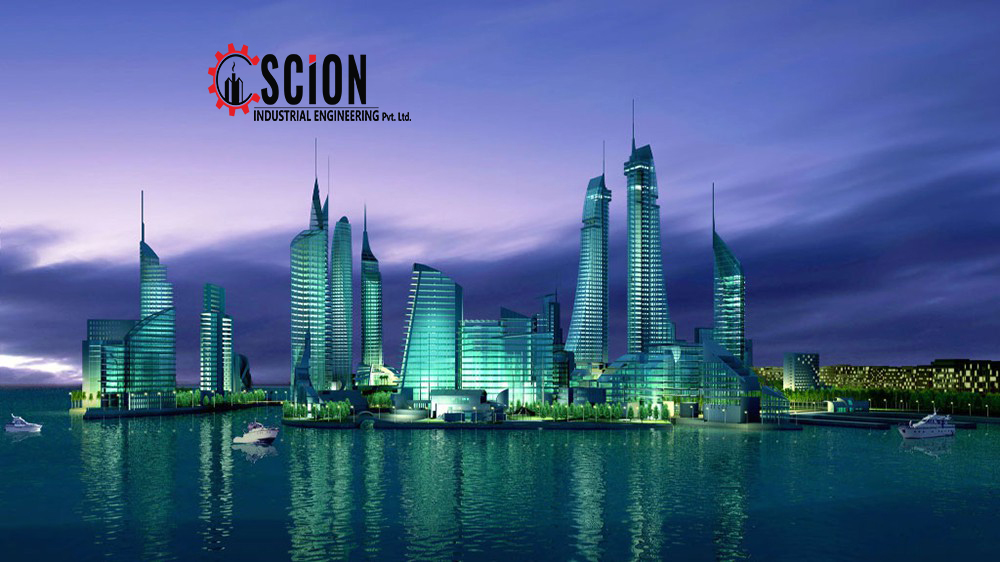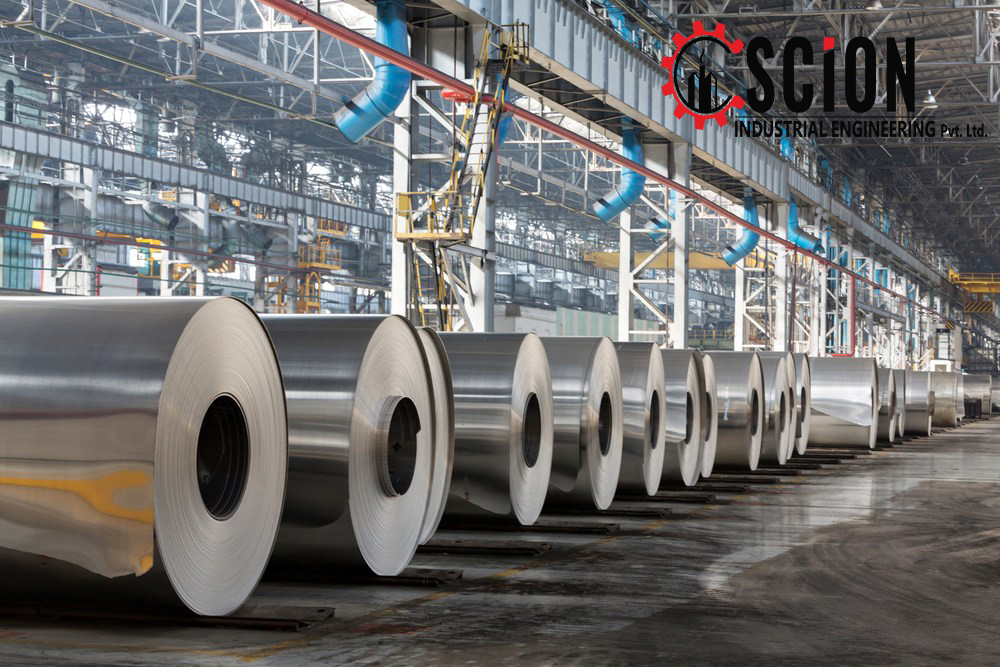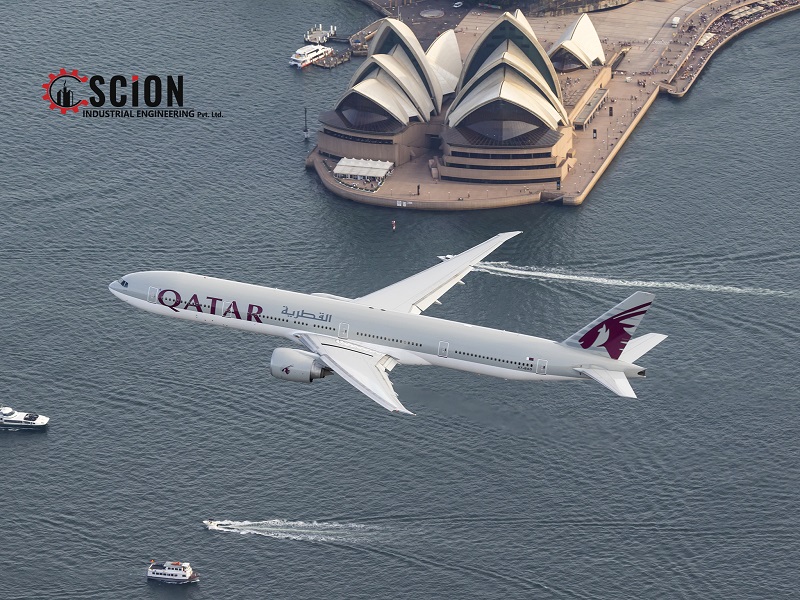Sheikh Theyab bin Mohamed bin Zayed Al Nahyan, chairman of Etihad Rail, has launched the construction works of Package A of stage two of the pan-UAE railway network.
Package A will run for 139km from Ghuweifat on the UAE border with Saudi Arabia to Ruwais, where it connects with stage one of the network.
He said: “As 2020, the year of preparing for the next 50 years, begins, we launch the construction works for this pivotal national project that will generate a paradigm shift in the country’s transport sector, consolidating the UAE’s position at both regional and global levels.
“With this launch, we are witnessing a remarkable day for Etihad Rail as we witness the transition from planning and design to actual implementation of the project on the ground, following in the footsteps of our founding fathers as we implement one of the nation’s most strategic projects, one that contributes to the economic development of the country by providing a safe, reliable and integrated alternative mode of transport.”
Package A will utilise 700,000 cubic metres of ballast, involve 30,000,000 tons of earthwork and the installation of over 450,000 concrete sleepers provided by Etihad Rail’s own manufacturing plant, which produces up to 45,000 railway sleepers each month.
A contract between Etihad Rail and a joint venture of Larson and Toubro Limited and Power China International has also been signed to construct freight facilities for the railway network at a total cost of AED1.87 billion.
Etihad Rail is building a series of freight facilities in Ruwais, Industrial City of Abu Dhabi (ICAD), Khalifa Port, Dubai Industrial City (DIC), Jebel Ali Port, Al Ghayl and Siji, Fujairah Port and Khorfakkan Port capable of undertaking all loading and unloading operations, in addition to providing container storage and maintenance.
The planned port facilities will provide a full service to Etihad Rail customers, including direct access to trains on the dock, easing container movements between ships and trains.
With this award, Etihad Rail said it has completed the contract-awarding process of stage two of the national network which will connect Fujairah and Khorfakkan on the UAE’s east coast to the UAE’s Saudi border at Ghuweifat.
Source:https://www.arabianbusiness.com/transport/438993-etihad-rail-chief-launches-construction-of-stage-2-of-uae-railway







